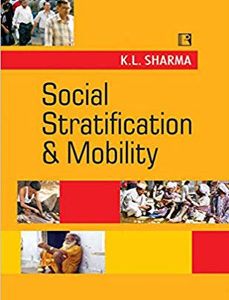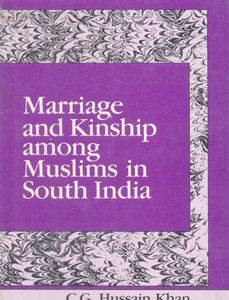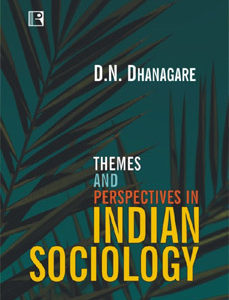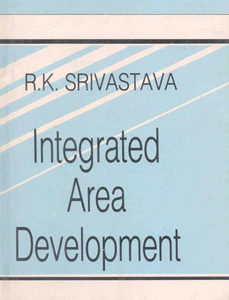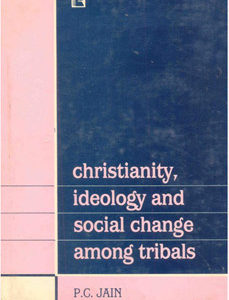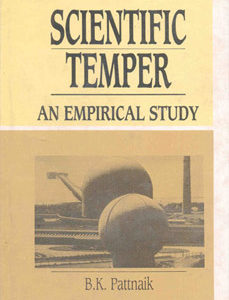INDIAN SOCIOLOGICAL THOUGHT (Second Edition)
₹995.00 Original price was: ₹995.00.₹796.00Current price is: ₹796.00.
25 in stock
This book is about various perspectives which help us understand Indian society, which has passed through a long evolutionary process beginning from monarchy to feudalism, colonialism and democracy. Officially, it is now a plural, democratic, technological, industrial and capitalistic society.
Indian sociological thinkers, such as D.D. Kosambi, Romila Thapar, Radhakamal Mukerjee, G.S. Ghurye, M.N. Srinivas, S.C. Dube, D.P. Mukerji, A.R. Desai, Ramkrishna Mukherjee, Yogendra Singh, N.K. Bose, Surajit Sinha, B.R. Ambedkar and Ranajit Guha, and a few western sociologists, including Louis Dumont, McKim Marriot and David Hardiman, who have done research in India and also developed their own perspectives on Indian society, are discussed in it. In a nutshell, the main perspectives that this book discusses are historical, indological, structural-functional, dialectical-historical, cultural, civilizational and subaltern.
This edition has been throughly updated and revised to include extended discussions on Irawati Karve and Andr? B?teille in indological and social stratification perspectives, respectively. The book will be useful for students, teachers and researchers alike.
Contents
Introduction
1 Development of Sociology in India
Part I Historical Perspective
2 D.D. Kosambi
3 Romila Thapar
Part II Indological/Textual Perspective
4 Radhakamal Mukerjee
5 G.S. Ghurye
6 Louis Dumont
7 Irawati Karve
Part III Structural-Functional Perspective
8 M.N. Srinivas
9 S.C. Dube
10 McKim Marriott
Part IV Marxist Perspective
11 D.P. Mukerji
12 A.R. Desai
13 Ramkrishna Mukherjee
Part V Stratification Perspective
14 Andr? B?teille
Part VI Cultural Perspective
15 Yogendra Singh
Part VII Civilizational Perspective
16 N.K. Bose
17 Surajit Sinha
Part VIII Subaltern Perspective
18 B.R. Ambedkar
19 Ranajit Guha
20 David Hardiman
Part IX Contemporary Discourses
21 Contextualization
22 Indigenization
23 Use of Native Categories in the Analysis of Indian Society
24 Sociology for India: An Issue for Indian Sociology
| Author's Name | |
|---|---|
| Binding | |
| Release Year | |
| Language | |
| Publisher |
Related products
Sociology
Sociology
Sociology
CHRISTIANITY, IDEOLOGY AND SOCIAL CHANGE AMONG TRIBALS: A Case Study of Bhils of Rajasthan
Sociology




